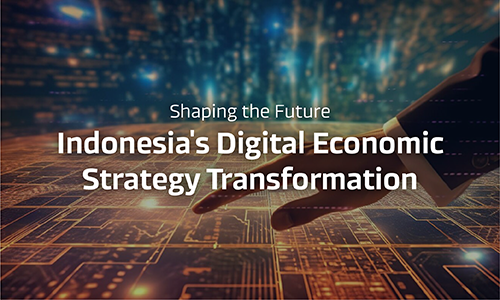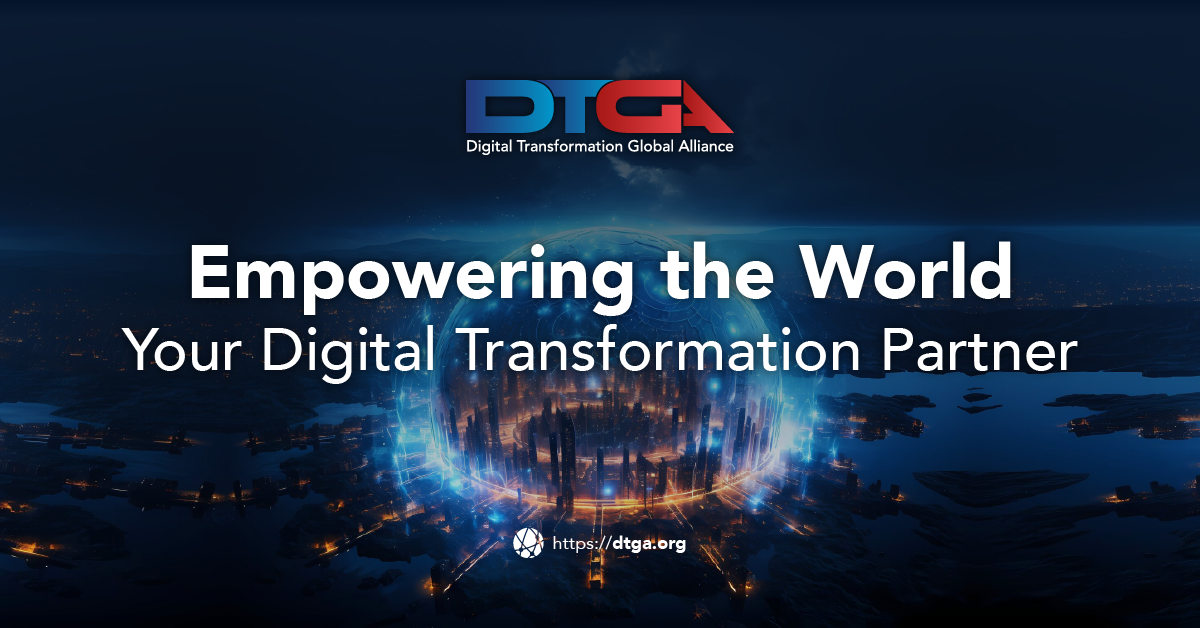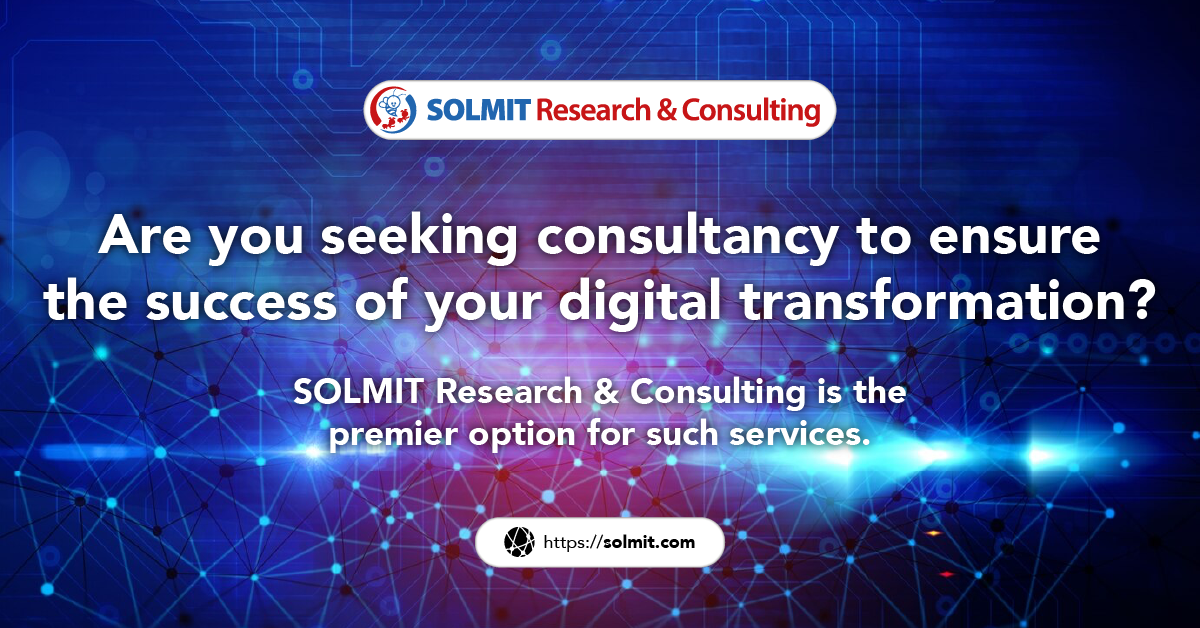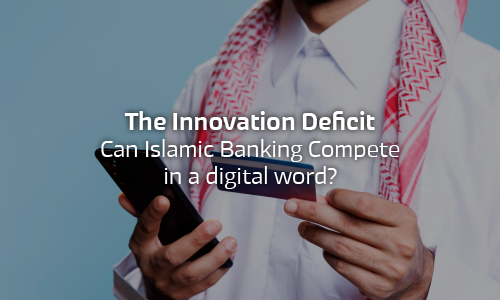
Summary: Indonesia's digital transformation strategy focuses on fostering connectivity, mastering digital technologies, ensuring data sovereignty, strengthening cybersecurity, building a digital society, creating adaptive regulations, and enhancing collaboration among stakeholders. The approach emphasizes human-centric technology and adaptability to address challenges like the digital gap, data security, and socio-cultural shifts. Key strategies include cultivating a digital mindset, prioritizing lifelong learning, and developing essential skills like problem-solving, self-management, and collaboration. With the potential for significant economic growth, Indonesia aims to shift from passive consumption to active participation in the digital economy, leveraging innovation and human resource quality to lead in the evolving global landscape.
What is the strategy of digital transformation in Indonesia?
Technological innovation and adaptation are crucial in digital transformation strategies to accelerate digital economic growth. However, while technology advances exponentially, organizations often lag. Without a revolutionary approach, the gap may widen, leading to greater technological disruption if not managed appropriately. This was explained by Ir. Herry Abdul Aziz.M.Eng, the Main Expert of the Ministry of Communication and Information, during his presentation on the webinar series titled "Indonesian Digital Transformation Strategy" on Monday (21/3/2024). He referenced Sri Mulyani, the Minister of Finance of the Republic of Indonesia, who highlighted the proliferation of government applications, resulting in data inaccuracies that could undermine the precision of policymaking decisions. Therefore, these considerations should be taken into account when formulating a digital transformation strategy.
Herry also mentioned that several challenges and issues stem from the rapid development of digital technology, including the digital gap, technological disruption, concerns regarding data security, issues of digital sovereignty, socio-cultural challenges, delays in delivering quality public services, and the demographic bonus expected in 2045. These aspects require careful consideration as they could impact future economic growth.
Then, what is the strategy for digital transformation in Indonesia? He explained that the strategies for addressing these issues include providing connectivity, mastering digital technology, maintaining data sovereignty, strengthening cybersecurity, fostering…












